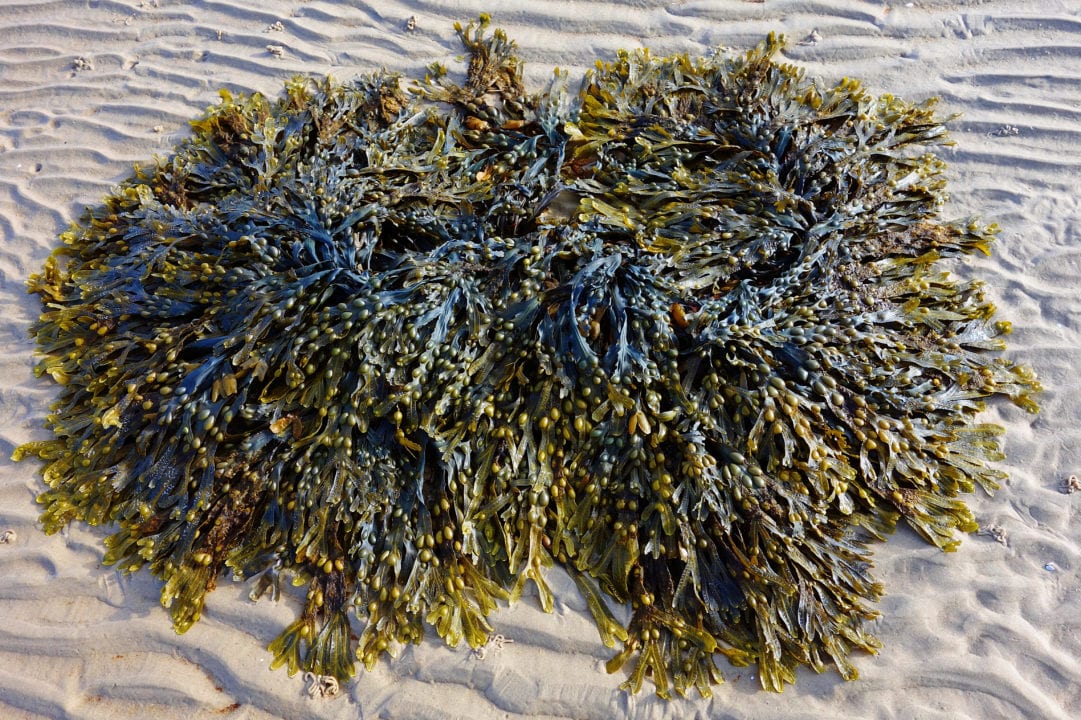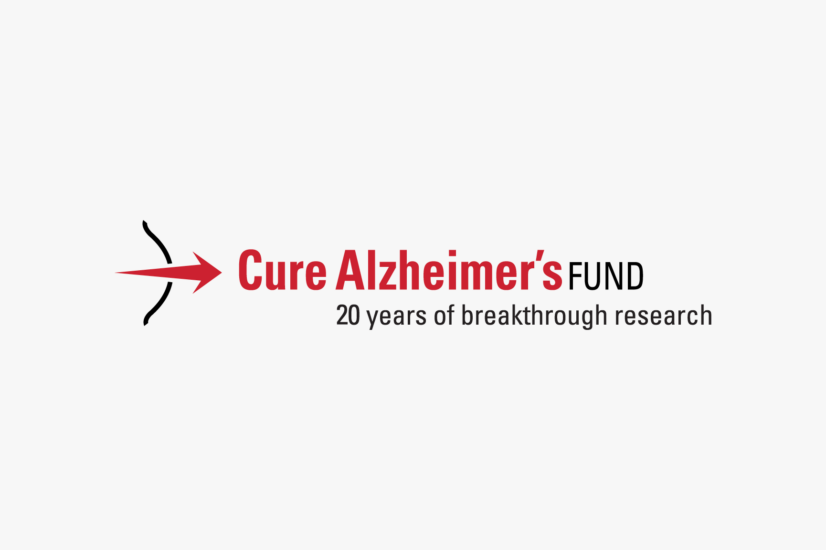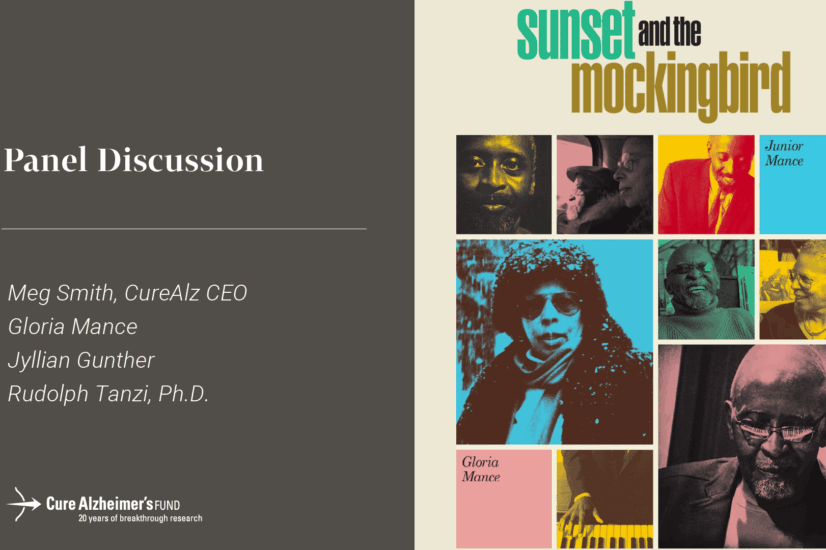OLIGOMANNATE FROM SHANGHAI GREEN VALLEY PHARMACEUTICAL COMPANY APPROVED NOVEMBER 1ST, 2019
On Nov 1st, 2019, the Chinese company Shanghai Green Valley Pharmaceutical received conditional approval from China’s National Medical Products Administration to market an orally administered drug, Oligomannate, aimed at reducing cognitive decline in patients with mild to moderate Alzheimer’s disease.
The conditional approval was based on the results from a Phase III clinical trial in China that included 818 Chinese patients with mild to moderate Alzheimer’s who received Oligomannate (GV-971). Patients were dosed and followed for 36 weeks.
Green Valley intends to initiate a second, global Phase III clinical trial of the drug in early 2020. The drug is not yet approved in the US, Europe, or other Asian countries.
In a statement released via the pharmaceutical company’s website, the scientific advisors to the company are reporting that the trial shows “a statistically significant improvement on the primary endpoint of ADAS-Cog12” (an assessment scale used to assess treatment effects on cognition). The drug failed to produce improvement compared to placebo on any of the trial’s secondary endpoints, which included other measures of cognition.
The company has released very little data but has stated that the trial’s results are under review at the New England Journal of Medicine. A company scientist previously stated the drug works by affecting the gut microbiome to enable immune cells to get into the brain, where their presence lowers the production of pathological proteins and reduces pathological neuroinflammation.
What is the Timeline for Oligomannate (GV-971)?
The Phase III clinical trial results for GV-971were announced at the CTAD meeting in 2018 but have not been published or subject to the scrutiny of peer review.
This clinical trial marks the 1st Phase III clinical trial for Alzheimer’s disease performed in China ever.
The immediate next step appears to be a small-scale Phase I clinical trial being performed in Shanghai that will include a higher dosage than the “reported” effective dose administered in the just-announced Phase III trial (900 mg, 1200 mg, 1500 mg, placebo). They are recruiting young adults (age 18-40) to test tolerability (not AD patients).
Green Valley has not applied for FDA approval and these trials are not taking place within the FDA’s authority or review.
Green Valley intends to initiate a second, global Phase III clinical trial of the drug in early 2020. The drug is not yet approved in the US, Europe, or other Asian countries
What is OligomannatE (GV-971), what has been released to the public, and how does it work?
In the trial, 818 participants with clinically diagnosed mild to moderate AD took 900 mg in two capsules, or placebo, twice a day for 36 weeks. Based on company data for 684 participants, ADAS-Cog scores were higher in the treatment versus placebo group at four, 12, 24 and 36 weeks. There was a trend toward improvement in the Clinician’s Interview-Based Impression of Change.
Shanghai Green Valley Pharmaceutical is publicly claiming that GV-971, aka Oligomannurarate, which is derived from seaweed/algae, can intervene in the early stages of Alzheimer’s by normalizing the gut microbiome and preventing neuroinflammation.
This is an ongoing breaking news story that will require further evaluation. We will continue to update this story as more details are made available Endpoints has released a story that provides more in-depth coverage: https://endpts.com/alzheimers-stunner-chinese-biotech-wins-ok-for-a-new-drug-on-positive-data-and-they-have-some-high-profile-supporters/
Resources for learning more about GV-971







